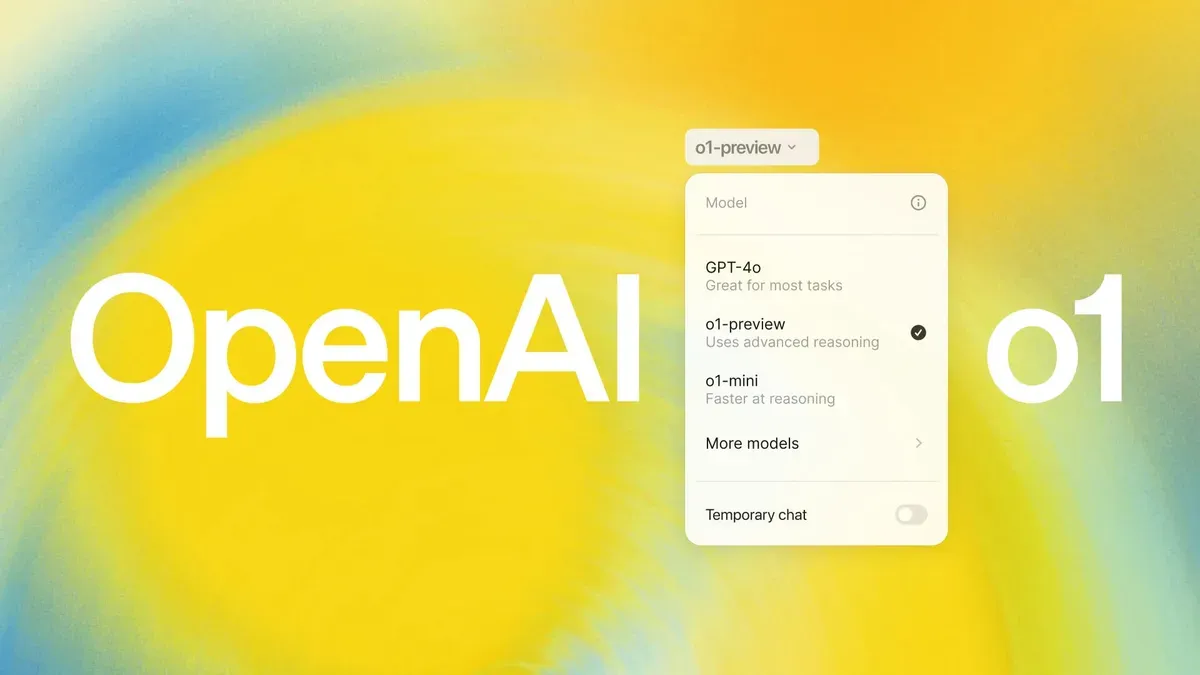OpenAI rolls out new voices and faster responses for ChatGPT Plus users

OpenAI is resurfacing in major news headlines this week after it announced that it is releasing its much-anticipated Advanced Voice Mode (AVM) to all paid users of its chatbot ChatGPT.
This update continues OpenAI's momentum from earlier this month. The AI company had released a new AI model, "Strawberry" (also known as "01") promising enhanced reasoning and problem-solving skills over the previous models.

The AVM launch comes four months after OpenAI first teased the voice assistant at a product event in May. Back then, OpenAI wowed audiences with how quickly the system responded to written and visual prompts using a spoken voice. However, the official release was delayed to address safety concerns. In July, the company quietly rolled out the feature to a select number of ChatGPT Plus users, allowing them to test an alpha version of the tool.
Now, the San Francisco-based startup says it has made some improvements since releasing its limited alpha test of AVM with improvements like better accent recognition, faster conversation speeds, and more languages all ready for a wider release.
Advanced Voice is rolling out to all Plus and Team users in the ChatGPT app over the course of the week.
— OpenAI (@OpenAI) September 24, 2024
While you’ve been patiently waiting, we’ve added Custom Instructions, Memory, five new voices, and improved accents.
It can also say “Sorry I’m late” in over 50 languages. pic.twitter.com/APOqqhXtDg
In addition to these improvements, AVM comes with a fresh design, replacing its previous black dots with a blue animated sphere. It also comes with five new voice options—Arbor, Maple, Sol, Spruce, and Vale—bringing the total to nine. Notably missing, however, is the Sky voice, which had been showcased earlier but caused legal friction with Scarlett Johansson.
Despite the excitement, some promised features, such as video and screen sharing that allow the AI to process visual and audible information, are still missing. During the May demo, OpenAI showed off multimodal capabilities by answering real-time math and coding questions from a user’s camera feed, but there’s no official word on when we can expect this advanced tool to hit the market.
For now, AVM will first roll out to users on the ChatGPT Plus and Teams tiers, with access for Enterprise and Edu customers set to follow next week.
This comes as the demand for conversational AI chatbots continues to grow rapidly. OpenAI now faces stiff competition from other tech giants like Google and Meta, who are both making moves in the voice assistant space and are leveraging celebrity voices to enhance appeal.
Notably, Google’s Gemini introduced new voice styles inspired by global stars, while Meta partnered with stars like John Cena and Judi Dench to make interactions more engaging.
Voice mode is shaping up to be the next major trend in AI, transforming how users interact with technology. With big players in the space and celebrity collaborations ramping up, it’s clear that the future of AI isn’t just about intelligence—it’s about creating a voice that resonates.
